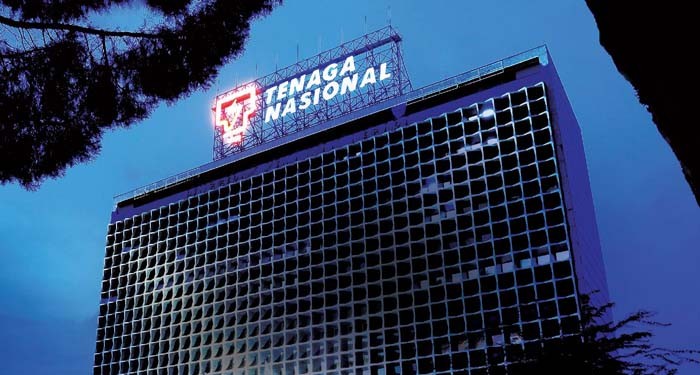To strengthen the ASEAN Power Grid (APG) interconnectivity and to establish itself as a RE hub in the region, Malaysian electricity firm, Tenaga Nasional Bhd (TNB) will collaborate with regional players in Vietnam and Laos.
In a statement, TNB further disclosed that it had signed three memorandums of understanding (MoUs) for the expansion of its wholly owned subsidiary- TNB Power Generation Sdn Bhd (TNB Genco) and also aims to expand its new energy division into Southeast Asia.
Amongst the total of three MoUs, two were signed in Vietnam. This has been signed between TNB Renewables Sdn Bhd and Saigon Gia Dinh Electric Joint Stock Company while another one has been signed between TNB Repair and Maintenance Sdn Bhd (TNB REMACO) and North Power Service Joint Stock Company.
TNB CEO Indera Baharin Din said, “The partnership would explore power generation opportunities in Vietnam, as well as cooperation for energy-related service works.”
In Laos, the third MoU was signed between TNB Genco and Electricite Du Laos (EDL). On this, TNB said that it looks forward to strengthen cooperation with the country through investments in RE as well through off-take opportunities through the Laos-Thailand-Malaysia Power Integration Project (LTM-PIP), which was built last year.
Chanthaboum Soukalom, Managing Director of EDL said, “The MoU shows that power trade is possible in the region and is a step towards the realization of the Asean Power Grid (APG).” He further said, “We will continue to partner and cooperate with TNB under the LTMS Project through which we successfully traded power to Singapore through two different countries. It is once again another step forward to the realization of the APG Grid.” He noted, “Although Laos is known as a hydropower-rich country in the region, it still has the potential to explore other clean energy sources, as the nation attempts to lead the region in clean energy production.”
“TNB is ready to be Laos’ strategic partner, fostering growth and realising Laos as the ‘Battery of Southeast Asia’. This is also in line with TNB’s commitment to accelerate its energy transition plan and achieve net-zero by 2050,” Soukalom concluded.

